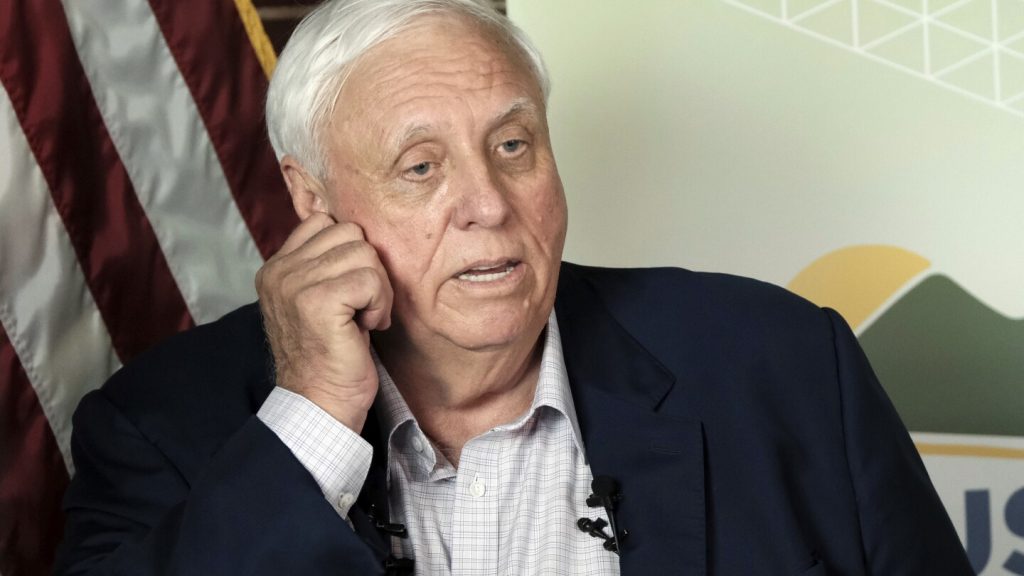The special session will also consider a proposal for a $150 million allocation for highway maintenance, which is a pressing issue in the state. West Virginia’s roads and bridges are in need of repair and this funding would help ensure that necessary maintenance is carried out. Additionally, there is a proposal for $50 million for a new state agricultural lab at West Virginia State University, which would support research and innovation in the agricultural sector.
The $80 million allocation for colleges and universities is a critical step in helping students affected by the FAFSA crisis. Many students have been left in limbo as they await the Education Department’s overhaul of the financial aid application process. This funding would provide much-needed support to students who rely on federal and state aid to help pay for their education. It would ensure that students have access to the financial resources they need to pursue their academic goals.
Governor Justice declared a state of emergency for education in West Virginia in April, making it the first state in the U.S. to take such a measure. This decision was driven by the state’s low college graduation rates and declining FAFSA completion rates among high school students. The state of emergency allows students to bypass the federal processing requirement for FAFSA in order to receive state grants for education. This ensures that students have timely access to financial aid.
The state of emergency also has implications for the Promise Scholarship and Higher Education Grant programs in West Virginia. These programs provide financial assistance to students based on merit and financial need, respectively. With the emergency declaration, students can now know whether they will receive these scholarships sooner, providing them with clarity and certainty about their college funding. This is especially important for students who are considering enrolling in higher education but are unsure about their financial situation.
In-state tuition at West Virginia University is around $9,650 a year, making financial aid essential for many students. The funding allocated through the special session would help alleviate the financial burden on students and ensure that they can continue their education without worrying about their ability to pay for school. By addressing the FAFSA crisis and providing additional funding to colleges and universities, West Virginia is taking proactive steps to support its students and invest in the future of the state’s workforce.
Overall, the special session called by Governor Justice addresses critical issues facing West Virginia’s education and infrastructure. By prioritizing funding for colleges and universities, as well as highway maintenance and agricultural research, the state is working to support its students and improve its infrastructure. The $80 million allocation for colleges and universities will provide much-needed assistance to students affected by the FAFSA crisis, ensuring that they can continue their education without financial barriers. This session highlights the state’s commitment to investing in education and workforce development to strengthen West Virginia’s economy and future prospects.


